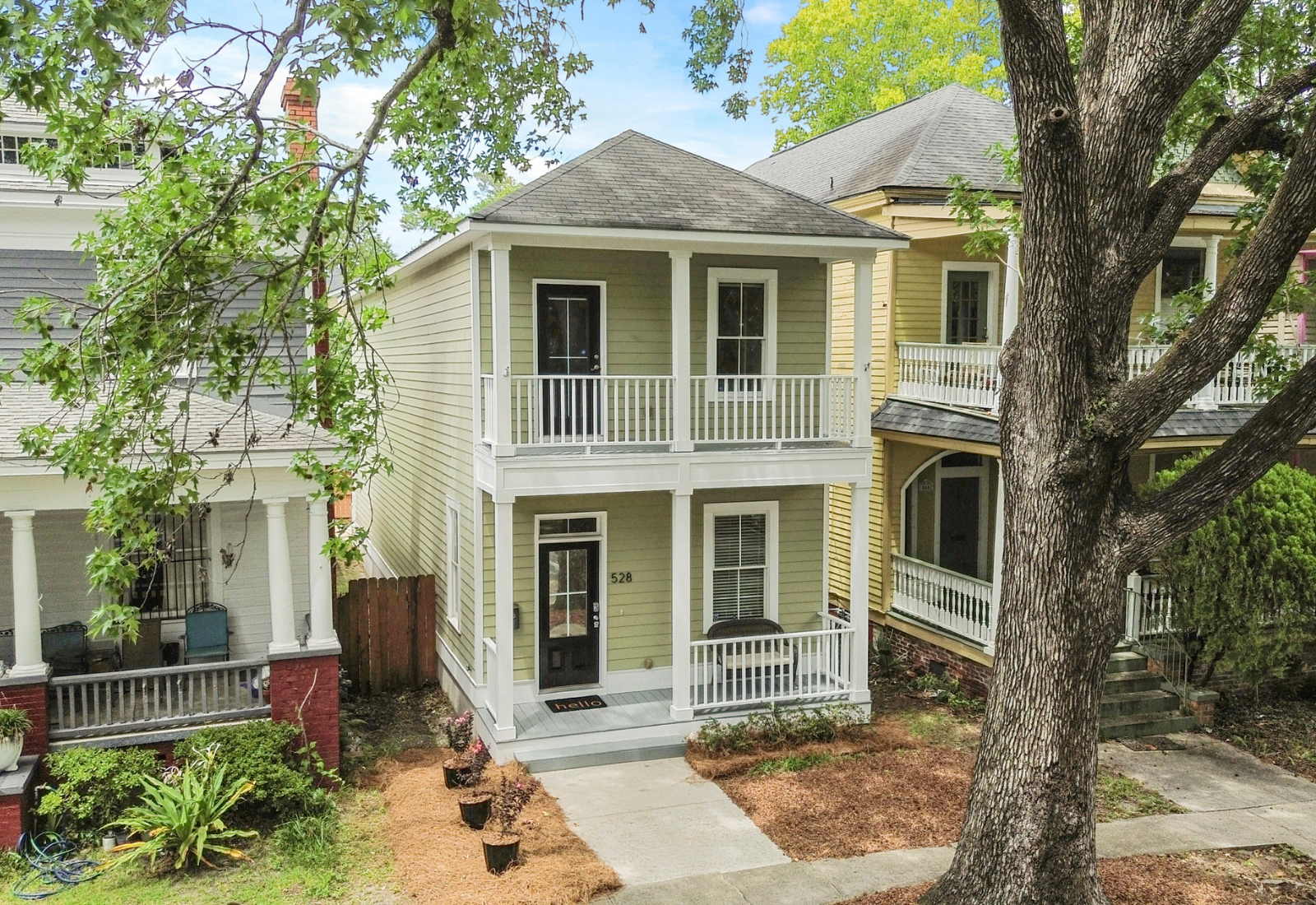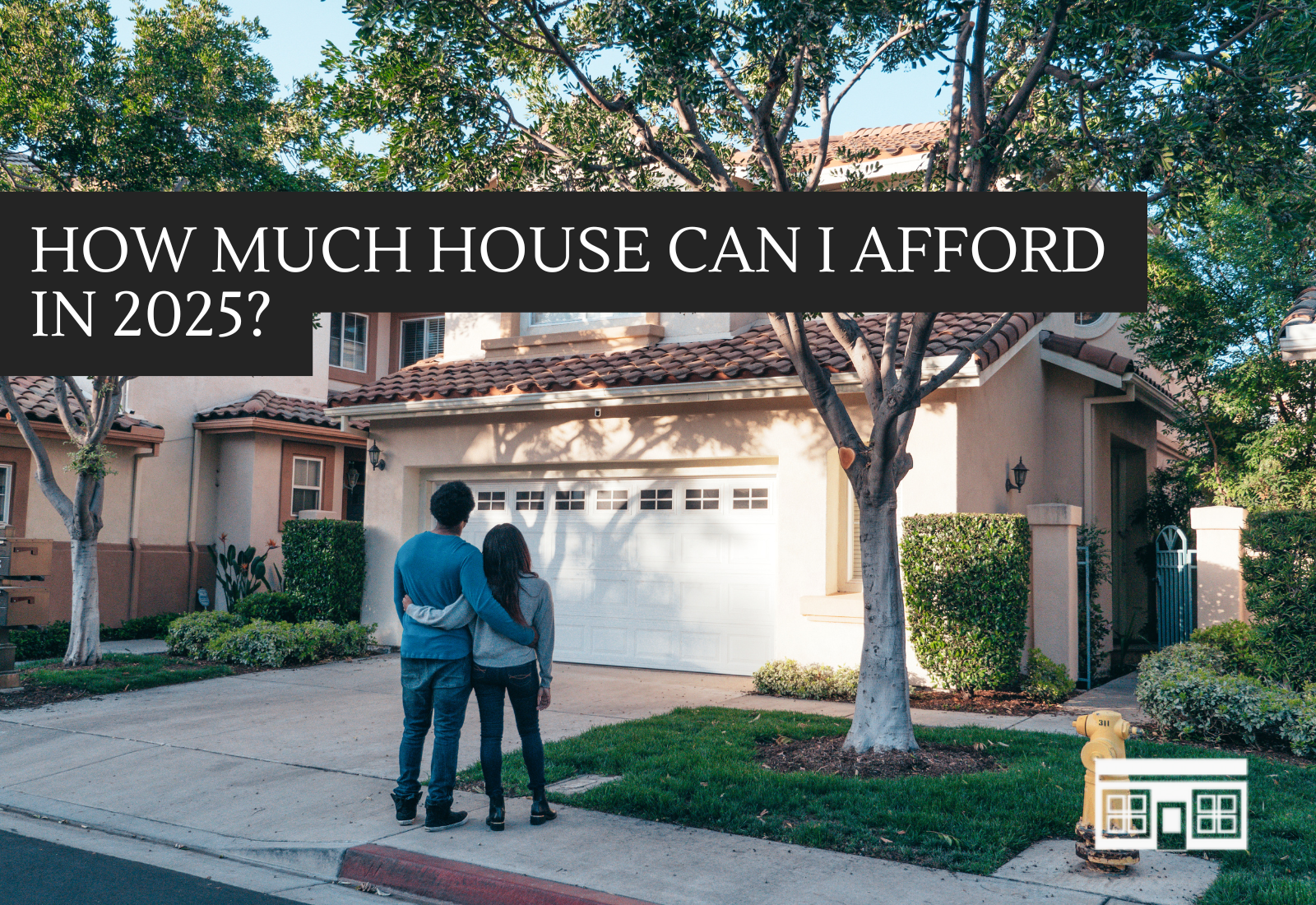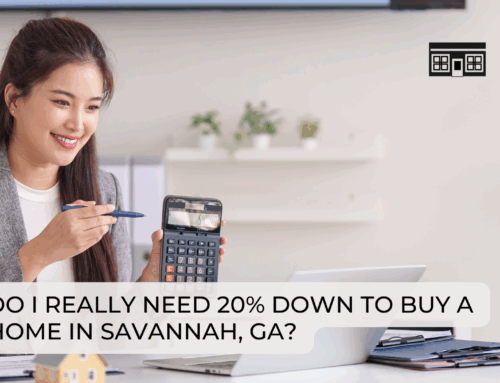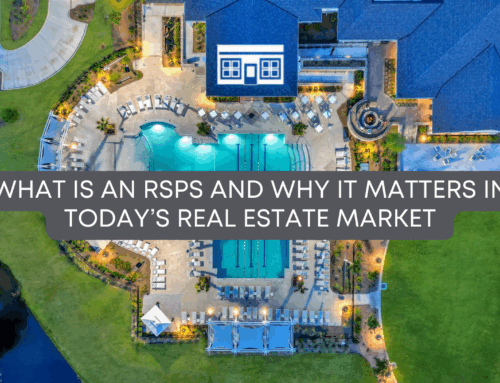How Much House Can I Afford in 2025?
Buying a home is one of the biggest financial decisions most people will ever make. Whether you’re a first-time buyer or moving up to your dream home, the question almost always starts the same: “How much house can I afford?”
In 2025, this question is more important than ever. With shifting mortgage rates, rising property values, and new lending guidelines, understanding your affordability can help you buy with confidence instead of uncertainty. If you’re planning a move in Savannah or surrounding areas like Pooler, Richmond Hill, or Wilmington Island, here’s what you need to know about figuring out the right budget for your next home.
Why Affordability Matters in 2025
The real estate market in 2025 is a balancing act. Mortgage rates have cooled slightly compared to the highs of previous years, but they still remain above the historic lows we saw in the early 2020s. Meanwhile, home prices in Savannah and Coastal Georgia continue to trend upward as more families, retirees, and out-of-state buyers move to the area.
That means buyers must look closely at their financial picture to make sure their purchase is both comfortable today and sustainable in the future. Overstretching your budget can leave you “house poor,” while underestimating your affordability might cause you to miss out on the home you truly want.

The Key Factors That Determine How Much House You Can Afford
Lenders use a variety of benchmarks to determine what you qualify for, but here are the core elements that matter most:
1. Your Income
Your gross monthly income (before taxes) forms the foundation for what you can afford. Lenders want to see that you have consistent earnings and that your housing payment won’t overwhelm your paycheck.
A common guideline is the 28/36 Rule:
-
No more than 28% of your income should go toward housing expenses (mortgage, taxes, insurance).
-
No more than 36% of your income should go toward all debts combined (credit cards, student loans, car loans, plus your housing payment).
2. Your Debt-to-Income Ratio (DTI)
This number compares your monthly debt obligations to your income. For example, if you make $5,000 per month and pay $1,500 toward debts, your DTI is 30%.
Most lenders prefer a DTI below 43%, though the lower it is, the better your chances of qualifying for favorable loan terms.
3. Your Credit Score
A higher credit score can unlock lower interest rates, which means you can afford more house for the same monthly payment. In 2025, most lenders want to see a score of at least 620, while a score of 740 or higher will put you in the best range for rates.
4. Your Down Payment
The more you put down, the less you have to borrow. While 20% has long been considered the gold standard, many buyers today purchase with as little as 3%–5% down using conventional loans, or even 0% down with VA or USDA loans.
In Savannah, where the average home price in mid-2025 is hovering around $350,000–$400,000, that means:
-
A 5% down payment = $17,500–$20,000.
-
A 20% down payment = $70,000–$80,000.
5. Mortgage Interest Rates
Rates directly affect affordability. For instance, on a $300,000 loan, the difference between a 6% rate and a 7% rate is over $200 per month. Over 30 years, that adds up to tens of thousands of dollars.
6. Taxes, Insurance, and HOA Fees
In Chatham, Bryan, and Effingham Counties, property taxes and insurance costs vary widely depending on the neighborhood, flood zone, and home type. If you’re buying on Tybee Island or near the water, flood insurance may significantly impact your monthly costs.

Savannah’s Market Snapshot: What Buyers Should Expect in 2025
Here’s a quick look at current local conditions:
-
Average Home Price (Savannah Metro): $375,000+
-
Popular Submarkets: Pooler (fast growth), Richmond Hill (family-friendly, top schools), Wilmington Island (coastal lifestyle), and downtown Savannah (historic homes).
-
Competition Level: Moderate—inventory has improved compared to 2023–2024, but desirable homes still sell quickly.
This means affordability isn’t just about your numbers—it’s also about choosing the right area, home type, and timing.
Rules of Thumb for Estimating Your Budget
If you’re trying to get a ballpark figure before meeting with a lender, here are a few guidelines:
-
Multiply your annual income by 2.5 to 3 to get an approximate home price range.
-
Example: $80,000 income → $200,000–$240,000 home.
-
-
Keep your monthly payment (mortgage + taxes + insurance) at or below 28% of your gross income.
-
Use online affordability calculators to compare scenarios at different rates and down payments.
Tips to Improve How Much House You Can Afford
If you’re worried about being priced out, there are steps you can take to boost your affordability in 2025:
-
Pay down debts to lower your DTI.
-
Improve your credit score by making on-time payments and lowering credit utilization.
-
Save aggressively for a larger down payment to reduce the loan amount.
-
Shop multiple lenders—even a 0.25% rate difference can save you thousands.
-
Consider different property types like condos, townhomes, or homes just outside city limits where prices may be lower.
Avoiding the Trap of Being “House Poor”
Just because a lender approves you for a certain amount doesn’t mean you should spend it all. Remember to factor in:
-
Maintenance and repairs (1–2% of the home price annually).
-
Utilities, especially for larger or older homes.
-
Lifestyle expenses—travel, dining, savings for retirement, or college.
The goal isn’t just to buy a house—it’s to buy a home you can comfortably afford without sacrificing your quality of life.
Real Stories: Helping Buyers in Savannah
At Heather Murphy Group | Team Callahan, we’ve worked with countless buyers facing affordability questions. Some are relocating military families needing guidance on VA loans, while others are local professionals balancing student loans with their dream of homeownership.
One of our recent clients, a first-time buyer relocating from Atlanta, was approved for a higher amount than she felt comfortable with. After reviewing her goals and lifestyle, we helped her find a home well under budget in Pooler—leaving room for travel, savings, and peace of mind.
That’s the power of working with a REALTOR® who understands both the numbers and the lifestyle you’re aiming for.
Final Thoughts: How Much House Can You Afford in 2025?
The answer depends on more than just a formula. It’s about your income, debt, credit, savings, and the unique conditions of the Savannah market. With the right guidance, you can strike the balance between smart financing and finding a home that feels like the right fit.
Ready to Find Out Your Affordability?
If you’re ready to run the numbers and see what’s possible in Savannah or the surrounding areas, our team is here to help. We’ll connect you with trusted local lenders, guide you through affordability strategies, and help you find the home that fits your lifestyle and budget.
👉 Contact Heather Murphy Group | Team Callahan today to start your home search with confidence.









